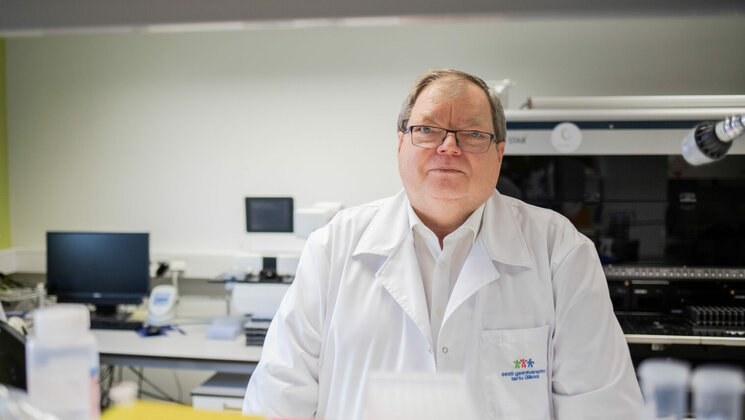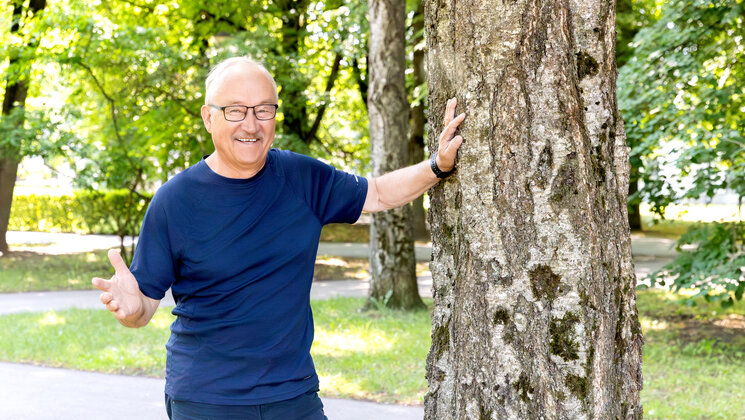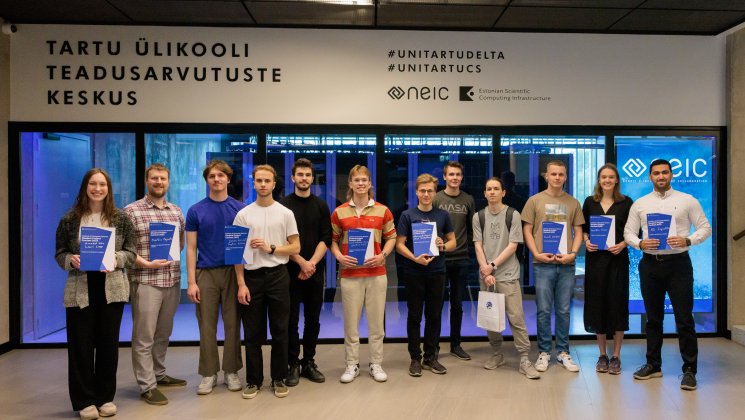Professor Raivo Uibo receives the lifetime achievement award for research
The government of Estonia has approved the laureates of this year’s national research awards. The 40,000-euro award for outstanding lifetime achievement in research and development was granted to members of the Estonian Academy of Sciences Raivo Uibo, Professor of Immunology at the University of Tartu, and Jakob Kübarsepp. University of Tartu researchers received annual research awards in five categories.
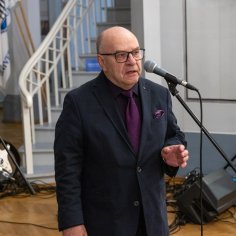
Raivo Uibo is one of Estonia’s most prominent and influential medical scientists, a pioneer, leader and trendsetter in modern clinical immunology. His life’s work is research in its broadest sense: from teaching and advocating the scientific mindset, shaping the necessary background system and upholding integrity in science to brilliant discoveries and applications. He has investigated the immunological mechanisms behind chronic inflammation and developed tests for differentiating clinical forms of liver diseases. He has enormously contributed to developing the research community in his specialisation, the science scene and the entire society, and educating a whole new generation of scientists.
Academician Jakob Kübarsepp is a Professor emeritus and Senior Researcher at Tallinn University of Technology. Using powder metallurgy tools, he develops durable coatings and wear-resistant, lightweight composites that are free from strategic, expensive and environmentally hazardous metals such as tungsten or cobalt.
Ten researchers of the University of Tartu were recognised with the annual awards (20,000 euros) for the best research completed and published over the previous four years.
Exact sciences
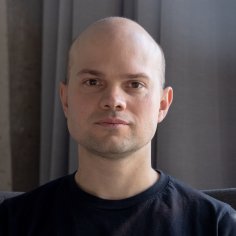
In science and technology, the award was granted to Jaan Aru, Associate Professor in Computational Neuroscience and Artificial Intelligence, for his research cycle “Mapping the similarities and differences between natural and artificial intelligence systems”. Aru combines brain and cognitive science to investigate how cellular-level mechanisms relate to consciousness and how to apply what is happening in the human brain to the development of artificial intelligence. He explains that consciousness emerges through the interaction of two anatomically separated signalling streams in the brain. He analyses how humans understand each other and proposes ideas that take us closer to computational thinking in artificial intelligence.
Chemistry and molecular biology

The award in chemistry and molecular biology was shared between two scientists. Associate Professor in Cell Biology Viljar Jaks was recognised for his series of works, “Tissue regeneration and extracellular matrix”. Jaks analyses the regeneration of skin cells, adipose tissue and liver cells. His research demonstrates that extracellular matrix proteins olfactomedin 4 and thrombospondin are involved in the function of the core components of the skin. Olfactomedin 4 supports cell function, regeneration and the healing of skin wounds.
Peep Palumaa, a Tenured Full Professor of Tallinn University of Technology, was awarded for his cycle of works “Copper metabolism and tools for its regulation”.
Medical sciences
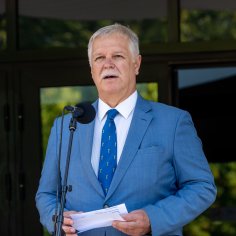
In medicine, Aare Märtson, Professor in Orthopedics and Head of the Department of Traumatology and Orthopedics, and Katre Maasalu, Associate Professor in Orthopedics, were awarded for their research cycle “Molecular mechanisms and treatment of orthopaedic diseases”.
Märtson and Maasalu have identified several proteins associated with osteoarthritis, the inflammation and immune dysfunction caused by joint wear. Their research has shown how inflammatory joint fluid alters the environment in the joint and allows macrophages to damage the joint. Fragile bone disease is a rare congenital genetic developmental disorder. The laureates have identified its molecular causes in many people in Estonia and applied their knowledge also in Vietnam and Ukraine.
Geology and biology
In the field of geology and biology, the award was granted to Carlos Pérez Carmona, Associate Professor in Macroecology (head of the research group), Meelis Pärtel, Professor of Botany, Riin Tamme, Research Fellow in Macroecology, and Aurèle Éric Toussaint (worked at the university as Research Fellow in Macroecology until 31 December 2023) for their series of works “Global view of the functional diversity of different groups of biota”.
The awardees have replaced specimen and species counts and classical taxonomy with a functional approach and analysis of biodiversity. They estimate the interaction between the different traits and functions of ecosystem components and have discovered new fundamental knowledge about the biodiversity of vascular plants: functional biodiversity is always lower below ground than on land. The research team has also proposed ways to define dark diversity.
Humanities
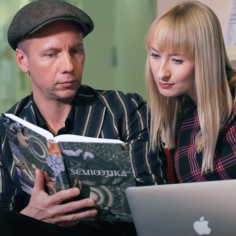
The annual award in the humanities goes to Andreas Ventsel, Professor of Political and Sociosemiotics, and Mari-Liis Madisson, Research Fellow in Semiotics, for their cycle of works “Semiotic analysis of political semiotics, information influence activities and conspiracy theories”.
In the cycle, the authors synthesise semiotic analysis and the sociological and cultural-scientific approach into a political form analysis to examine how issues are raised in the public sphere, how the audiences’ perceptions of the situation are shaped, and how it manifests in political practice. The laureates demonstrate how meaning-making in conspiracy theories has been adapted to screens and social media. The analysis goes beyond the humanities and forms a broader national defence and security strategy.
“Thanks to our talented researchers, scientific achievements have contributed to the development of our society and opened up different facets of the world of science,” said Minister of Education and Research Kristina Kallas. “Recipients of the lifetime achievement awards Jakob Kübarsepp and Raivo Uibo have not only changed Estonian science, but their research has also affected the lives of many Estonian people. In addition, they are renowned lecturers who pass on their knowledge to young people,” said Kallas.
Tarmo Soomere, President of the Estonian Academy of Sciences and chair of the National Research Awards Committee, said that the excellence of this year’s classical science and technology awards nominees was pleasant and rather expected. “However, it is impressive that the leading Estonian researchers in agricultural and social sciences and humanities are now regularly publishing in the most influential journals of their field. This way, they are making Estonia intellectually a bigger place,” said Soomere.
The awards will be presented during the celebrations of the anniversary of the Republic of Estonia at a ceremony on 21 February.
Read short introductions of recipients of the 2024 national research awards (in Estonian).
Other recipients of the 2024 annual research awards are
- in engineering sciences, Dmitry Vinnikov, Andrei Blinov, Andrii Chub and Oleksandr Husev for the research cycle “Innovative power electronics systems with topology-morphing control”;
- in agricultural sciences, Eve Veromann for the research cycle “Development of innovative RNAi technology and harnessing nature’s benefits in sustainable agriculture”;
- in social sciences, Indrek Ibrus for the cycle “Research in media innovation, digital culture and cultural data”.

